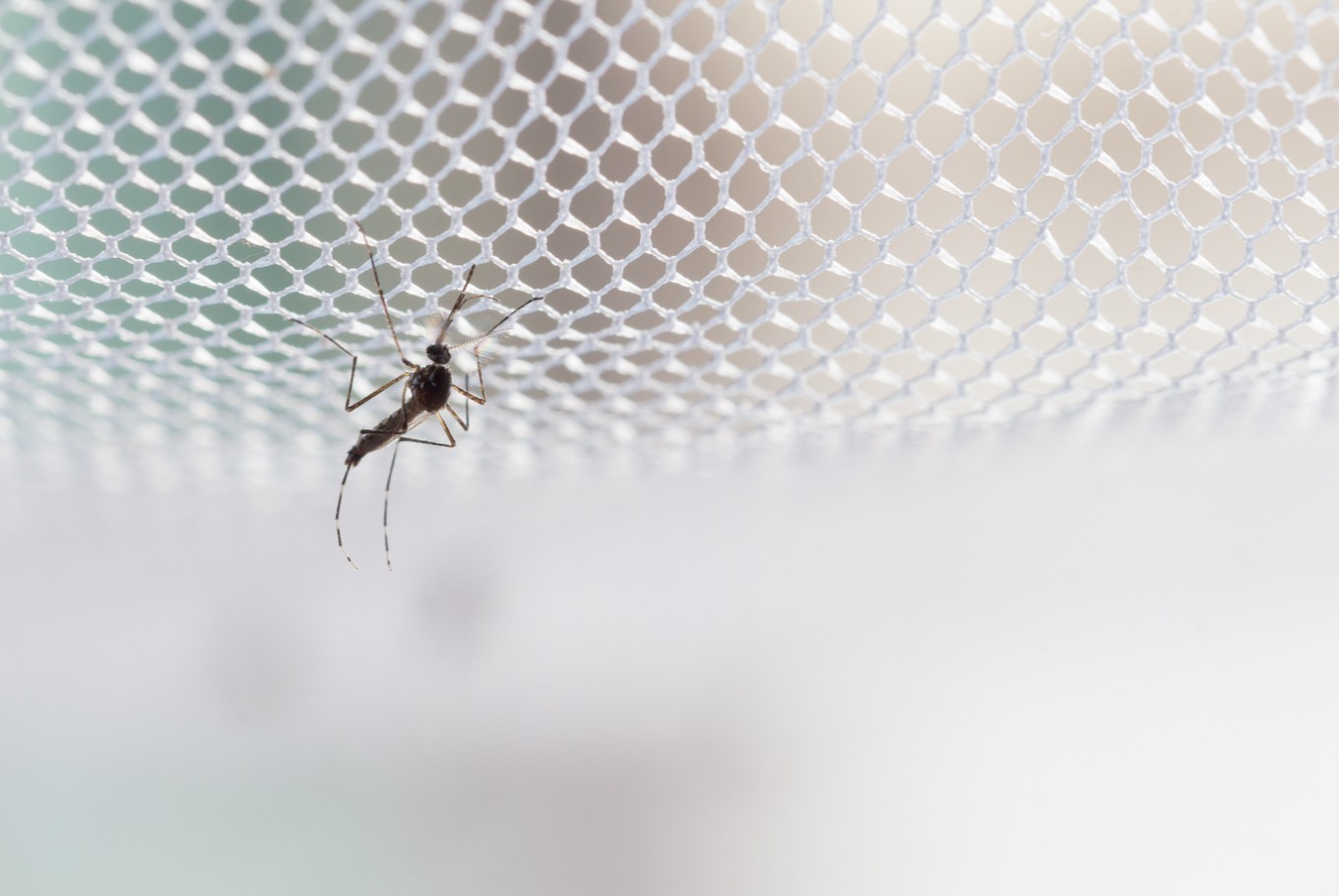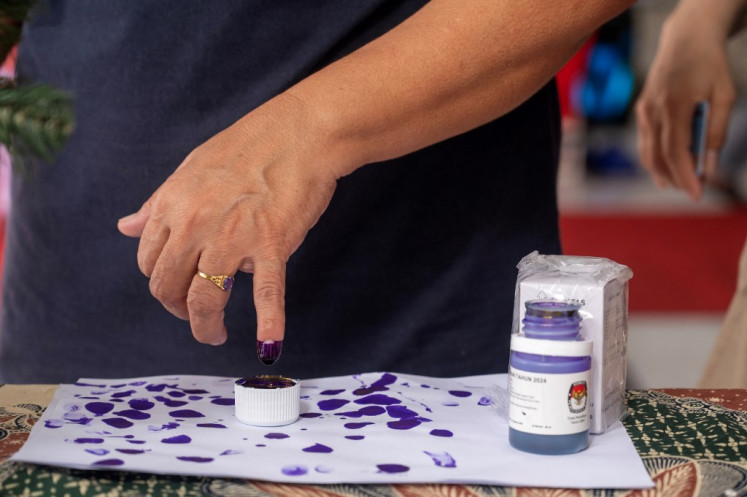Popular Reads
Top Results
Can't find what you're looking for?
View all search resultsPopular Reads
Top Results
Can't find what you're looking for?
View all search resultsAiming for a malaria-free region by 2030
Rita Widiadana spoke for The Jakarta Post with Stephen Rogerson, a professor at the Centre for Research Excellence (CRE) in Malaria Elimination.
Change text size
Gift Premium Articles
to Anyone
M
elbourne will be hosting the First World Malaria Conference in July, 2018. Rita Widiadana spoke for The Jakarta Post with Stephen Rogerson, a professor at the Centre for Research Excellence (CRE) in Malaria Elimination. The following is an excerpt from that interview:
Question: The Centre for Research Excellence (CRE) in Malaria Elimination has just been established at the Peter Doherty Institute for Infection and Immunity in Melbourne. What are its goals?
Answer: The primary goals of the CRE are to develop new tools ranging from diagnostics to drugs, including tools to map and model interventions for malaria. We will work with partners in the region to discover how best to implement these tools in the fight against malaria, to help these countries achieve their goals of malaria elimination.
What are the CRE’s priorities in malaria research and what significant impacts does the CRE expect from research results?
Our three main priorities are tools for surveillance, to discover where malaria is being transmitted; better tests for diagnosis of who is infected with malaria parasites; and development and field testing of new drugs to treat malaria. Together with tools for mapping malaria incidence and modelling how to get the most benefit from financial investment in malaria elimination, we hope we will have products that malaria control programs across the region can incorporate into their strategies for malaria elimination.
What do you think are the greatest challenges in malaria elimination?
Three major research challenges are the need for better malaria tests that can be done in the community to detect infection; safe treatments that can eradicate the vivax malaria parasite from the liver to stop relapsing infection; and the emerging problem of drug resistance, especially in the greater Mekong subregion. One broader challenge for malaria research is the gap between how well a treatment works under trial conditions, and how effectively it is used on a day-to-day basis. .
What are the centre’s strategies to tackle these challenges?
Our team is working on some new approaches to detect very low levels of malaria infection, ranging from the next generation of rapid diagnostic tests that can be done at the point of care, two new platforms including a malaria breath test and the use of electronic chips to pick up malaria proteins in blood or saliva.
What resources are critically needed to address these challenges?
Our team is working with partners like Medicines for Malaria Venture, which is developing new antimalarial drugs, which need to be carefully evaluated for their effectiveness and for their safety. We will undertake some of this evaluation. Human resources on the ground in malaria infected countries are very important. As malaria becomes less common, there is a risk that funds will be diverted away from malaria diagnosis and treatment, into other pressing health priorities, with the risk that malaria can rebound.
Asia-Pacific leaders agreed to the goal of a region free of malaria by 2030, and a number of regional and global initiatives are being implemented to end malaria for good, what would be the roles and contributions of the centre within the regional and global initiative frameworks?
The goal of eliminating malaria from the Asia-Pacific by 2030 is very commendable, but quite ambitious. Our CRE team believes that, by successfully developing the new tools we propose, we will make this job easier. For example, working out where malaria risk is greatest allows resources to be targeted to that area, and new drugs should help eliminate the vivax malaria parasite, as much shorter courses of treatment are required, which people are generally happy to take.
What are the most appropriate and efficient ways to achieve the objective of finding effective antimalarial medicines and vaccines?
Developing new vaccines is a very big undertaking, with quite complex manufacturing requirements. It’s something we’re very interested in, but don’t presently have the resources to pursue ourselves. Our main
focus is on developing new drugs, giving them to humans the first time in Australia, and using frequent blood sampling and modelling of the drug activity in the body to determine how they work best, which will speed up the development of these drugs to the clinical trial phase.
What are the most current obstacles to the research and development of effective malaria drugs and vaccines — in terms of funding, expertise and other related factors?
Funding is obviously an ongoing struggle for a disease like malaria, whose burden is greatest in low and middle income countries, and often affects the poorest people in those countries. Galvanised by the Bill & Melinda Gates foundation, there has been an upsurge in availability of funds both for development of new malaria drugs and vaccines, and to make those drugs and vaccines together with insecticide treated bed nets available to the people that need them the most. We have seen big strides in reducing the world’s malaria burden since the turn of the century. The biggest challenge is maintaining this momentum in an era when some sources of funding may be diminishing.











